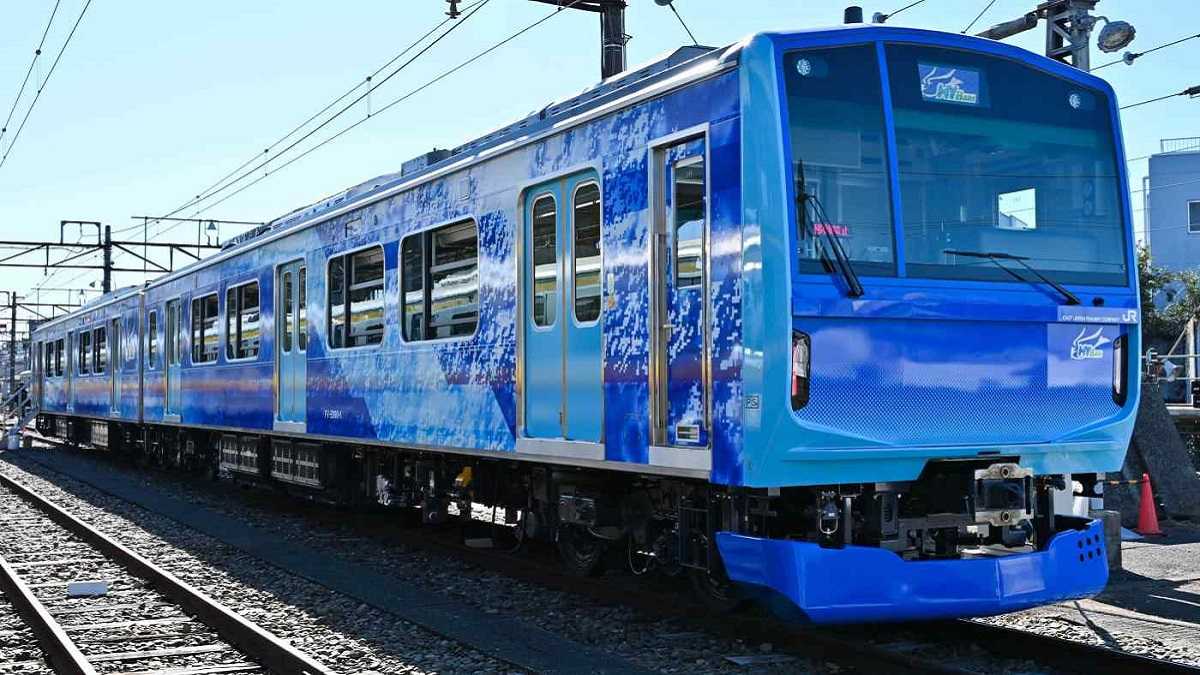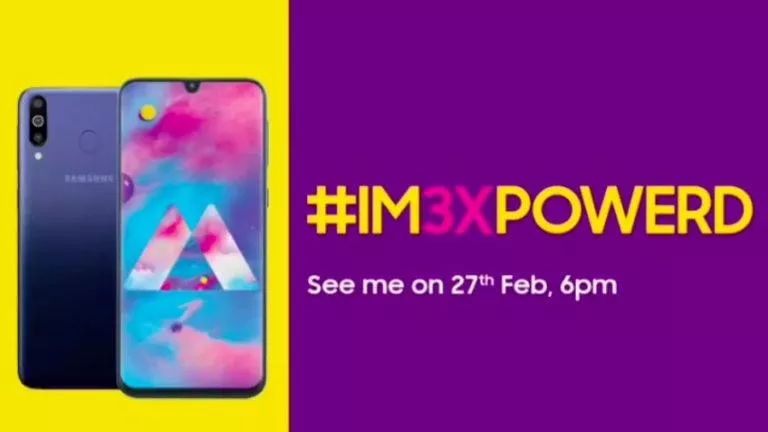Japan To Test Its First-Ever Hydrogen Train, Aims At Net Zero Emissions By 2050

Japan will begin testing its first hydrogen-powered train, dubbed “HYBARI,” as soon as next month. The move is part of the country’s long-term plan to nullify its carbon emissions by 2050.
Following in the footsteps of countries such as Germany and the U.K., Japan is also betting on hydrogen-powered trains to counter climate change. Germany’s Coradia iLint was the world’s first hydrogen train and has been commercially active since 2018.
Besides hydrogen trains, companies such as Toyota aim to significantly increase the number of hydrogen-powered cars. Around 300 Japanese “zero-carbon cities” are actively working to help the country cut down its carbon footprint and achieve its 2050 Carbon Neutral Declaration.
HYBARI, Japan’s first Hydrogen Train
The name “HYBARI” stands for Hydrogen-hybrid Advanced Rail Vehicle for Innovation. This prototype train is the result of a joint venture among East Japan Railway Company (JR East), Toyota Motor Corp, and Hitachi Ltd.
It runs on a hydrogen fuel cell and releases steam (and condensed water) instead of greenhouse gas. Therefore, it helps reduce carbon emissions and tackle climate change.
The Japanese hydrogen-powered train can cover about 140kms of distance on a single hydrogen filling, and its maximum speed goes up to 100km/h. Coming to its production cost, it’s worth 4 billion yen or $35 million.
Manufacturer JR East’s long-term vision is to replace its diesel-powered trains with the hydrogen-based counterpart. However, HYBARI is only ready to perform trial runs for now. It is expected to become commercially available for everyone by 2030.
As Japan strives to become a carbon-neutral country within the next three decades, it will be interesting to see how quickly the use of hydrogen as fuel pervades across its industries.






